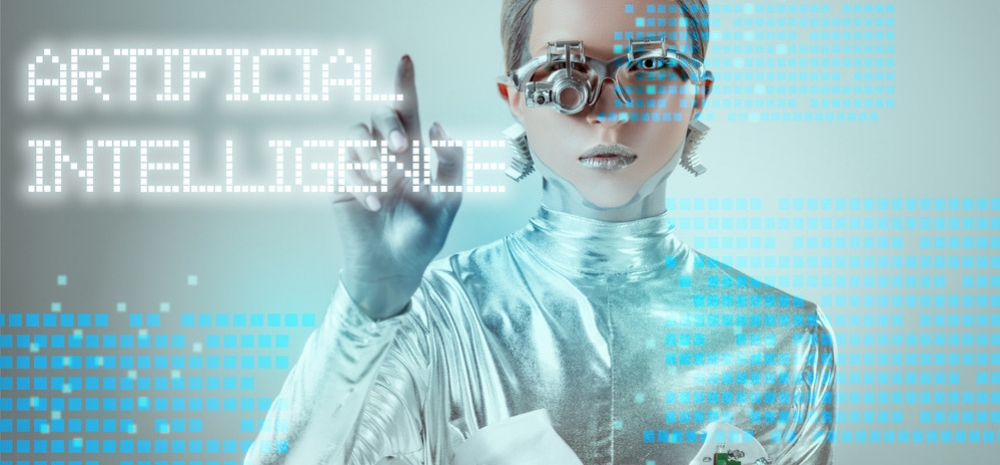The thought of AI replacing human jobs in the future has escalated on a wide scale and why not! as many have already adopted Artificial Intelligence (AI) to get their work done.

AI Replacing Human Jobs
AI is capable of replacing two–thirds of jobs in the US and the European Union because these regions are well exposed to AI automation, according to a report from Goldman Sachs.
Not only that, the technology will likely hit the Administrative and legal sectors the most.
Further, the cited source conducted a study, revealing 46 percent of administrative jobs and 44 percent of legal jobs are replaceable by AI.
How Does It Affect?
Good news for those who are involved in the physical intensive business as it will be impacted less.
Coming to the construction and maintenance jobs, they will be affected by 6 percent and 4 percent, respectively, as per the report.
Further, the report said, “The direct effects of generative AI on labor demand could be negative in the near-term,”.
Adding, “the effects on labor productivity growth would still be positive,”.
The generative AI could help boost annual labor productivity growth in the US market by around 1.5 percent in over a decade, said the sources.
AI could help give a boost to the global economy, sources said.
Adding that Artificial Intelligence could increase global GDP by 7 percent in over 10 years from now.
Here comes the good part as “Significant labor cost savings, new job creation, and higher productivity for non-displaced workers” are some of the things that could help enhance the growth worldwide.
In addition to this, the study revealed that AI will continue to have a major impact on humans.
It would affect 50 percent of activities that they do in today’s time.
Major Dent On Different Occupations
This shift with automation is said to create a major dent in nearly all occupations and only 5 percent of job roles could be fully automated by current technologies, as per the research.
So far, it cannot be predicted how or when Artificial Intelligence could impact humans in the future.
It basically depends on how much humans rely on AI going forward and the skill sets of AI.
In the meantime, several companies have strictly warned their employees to not use ChatGPT or similar products.
For starters, the banking giants such as JPMorgan, Goldman Sachs, Citigroup, and Bank of America have restricted the usage of AI for their staff members since they believe that generative AI tools could impact the financial services industry in terms of investment decisions, customer service automation and others.











